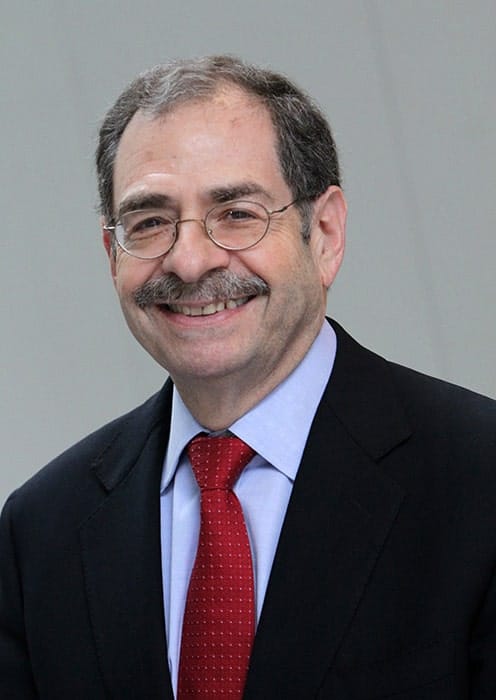
Marc Kastner, a physicist at the Massachusetts Institute of Technology (MIT), has become the first president of the Science Philanthropy Alliance (SPA) – a new grouping of six organizations aiming to increase private funding for fundamental research in the US. Kastner began the appointment earlier this week, having taken a leave of absence from MIT.
The alliance – composed of the Howard Hughes Medical Institute, the Kavli Foundation, the Gordon and Betty Moore Foundation, the Research Corporation for Science Advancement, the Alfred P Sloan Foundation and the Simons Foundation – formed two years ago. The alliance’s goal is to increase the value of philanthropic funding to fundamental research – currently estimated at about $2bn – by another $1bn within five years.
The SPA was created following concern that funding for basic research has dwindled in the US, with R&D funding at its lowest level – as a percentage of the federal budget – since the 1960s Apollo era. In addition, funding has shifted towards applied research, which Kastner feels neglects the importance of basic science. “We know historically that some of the greatest breakthroughs in technology have come about in that kind of discovery-driven research,” he says, pointing out that the creation of the Global Positioning System in 1995 evolved from fundamental research carried out several decades earlier.
Funding research
Kastner says that although private funding cannot make up the losses suffered from decreased government support, philanthropists are still in a position to make a big difference. To do this, he says that the alliance needs to show potential donors why fundamental research is important, as well as the technologies that can result from such research. “I think people forget about this,” says Kastner. “They see that you can write software and do wonderful things with computers, and they forget that this came out of decades of fundamental research.”
Kastner adds that the alliance will also “put in front of potential philanthropists ideas of how they could really make a difference and the satisfaction they could get out of it”. The alliance supports around 16 universities – and will soon add non-profit research laboratories and more universities – that share the same goals of increasing levels of fundamental research and have created funds to do so.
Key experience
Kastner has experience of securing philanthropic funding, having done so in his role as head of MIT’s physics department, a position he held for nine years. In November 2013 US president Barack Obama nominated him to head the Department of Energy’s Office of Science, which manages much of the nation’s basic-science research, but his appointment stalled in Congress last year with the position yet to be filled.



